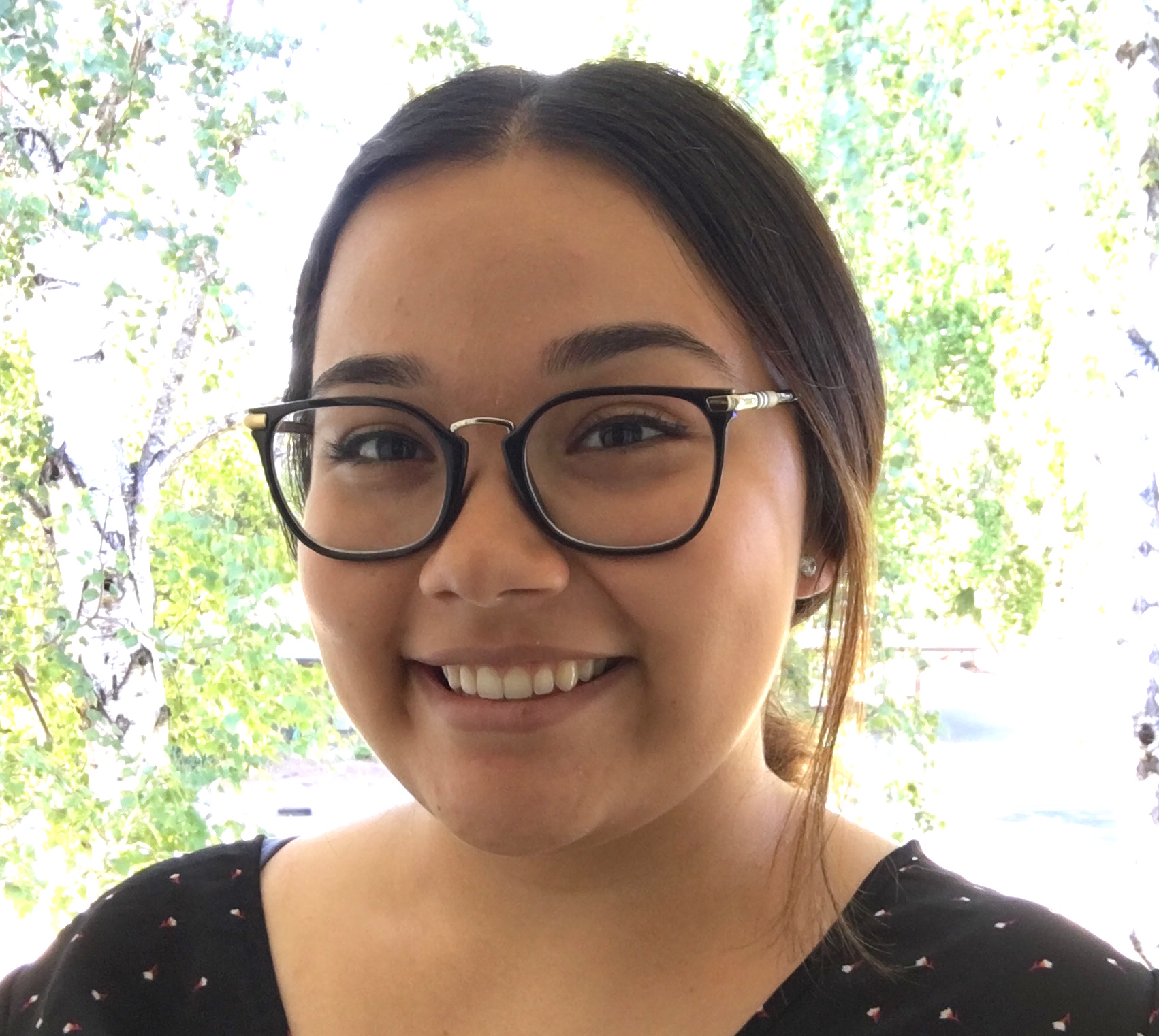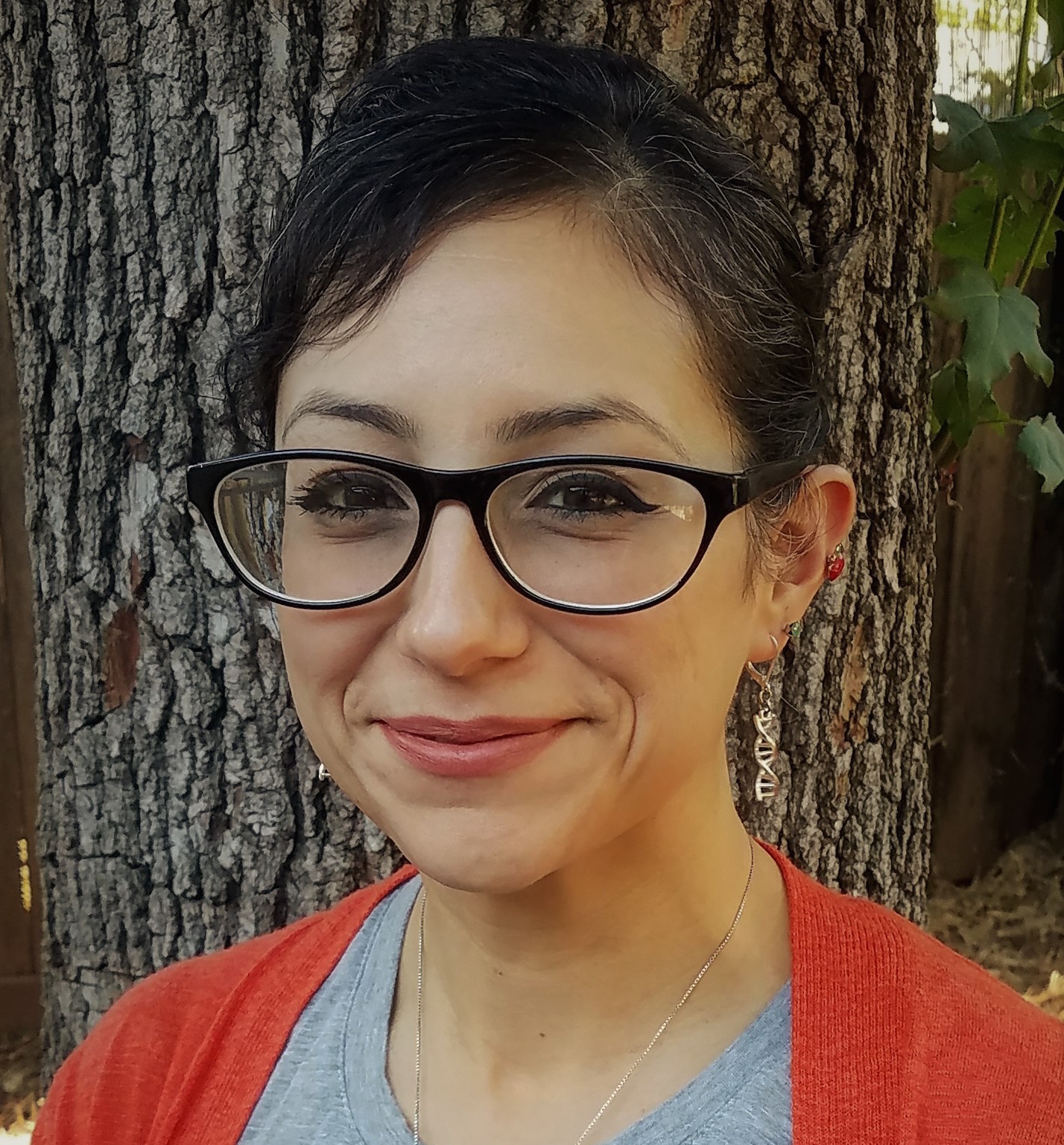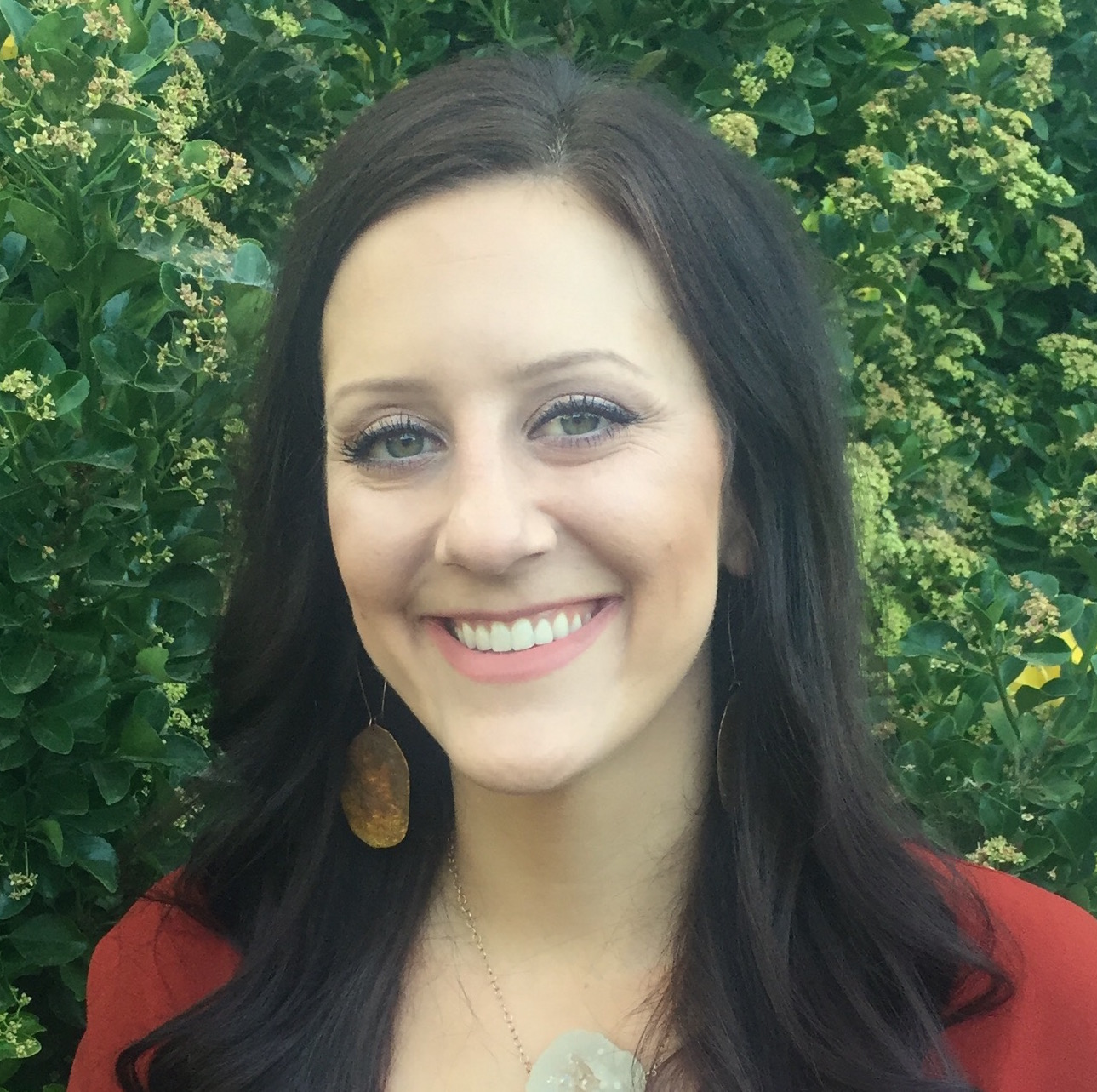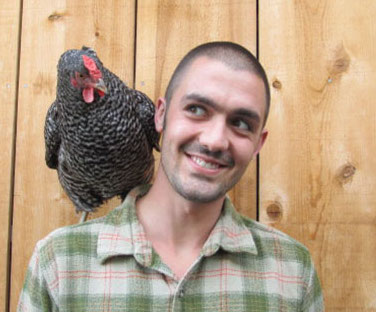Editor's Note: Over the past week we have featured the good work of California State University, Chico and its RiSE Program. Chico State University and North State Together anchor our Northern California Hub, and the RiSE Program is an excellent example of the rural teacher corps concept. These stories have added meaning as this is a region that is currently battling catastrophic wildfires.
Thank you to Ann Schulte, Ph,D. for her assistance with this series. Ann is Graduate Coordinator for the School of Education, and she also serves as the Faculty Fellow for Rural Partnerships in the Office of Civic Engagement. In addition, we are honored that Ann is a Rural Schools Collaborative Advocate.
We encourage you to read Ann's article, Connecting Students to Place, which was published in a recent addition of The Rural Educator.
By Ann Schulte, Ph.D.
The purpose of the Residency in Secondary Education (RiSE) program at California State University, Chico is to provide a new generation of teachers for middle and high schools in the region and state. Program directors hope to recruit and retain teachers and to develop and sustain partnerships with rural districts. The residency program includes early coursework that addresses the needs and strengths of rural communities and requires candidates to conduct an in-depth study of their placement community. In particular, the community study assignment aims to have preservice teachers examine their understandings about rural places, to create a connection to the place where students live, and to promote place-based pedagogy. Student feedback suggests the assignment is a promising practice for teacher preparation. A rural-focused curriculum and a strong understanding of the community creates conditions that support both the recruitment and retention of teachers in rural schools. (This assignment is detailed in a Promising Practice article in the August 2018 edition of NREA’s The Rural Educator.) The following student reflections are excellent examples of this process.Cecilia Romero-Robles, reflecting on Hamilton City, California:
"El Toro Loco is a local market that caters to the needs of its community members, offering its community a wide selection of meats and seafood, a small produce section, lots of dry goods, and common Hispanic products. Nevertheless, El Toro Loco is more than just a local market that provides its community with fresh goods. It is a place where you collide with your next-door neighbor and converse about each other’s lives. It is a place where men and their friends gather outside to talk about their day’s work in the farms." Please read Cecilia's reflection in its entirety.
Mayra V. Moreno, reflecting on Corning, California:
 "When I first entered Corning Union High School (CUHS) I came across a mural that faced the entrance of the school cafeteria. The mural read “Protect the Nest.” The words were flanked by the school mascot, cardinals, gritting their teeth with a look of determination in their eyes. I wondered whether this was just an imposed slogan to stoke school spirit, or if it was a sincerely held value. Further investigation of the community and interviews with the inhabitants revealed that fortitude and determination were absolutely core values in the community, and to the high school established there over 120 years ago." Please read Mayra's reflection in its entirety.
"When I first entered Corning Union High School (CUHS) I came across a mural that faced the entrance of the school cafeteria. The mural read “Protect the Nest.” The words were flanked by the school mascot, cardinals, gritting their teeth with a look of determination in their eyes. I wondered whether this was just an imposed slogan to stoke school spirit, or if it was a sincerely held value. Further investigation of the community and interviews with the inhabitants revealed that fortitude and determination were absolutely core values in the community, and to the high school established there over 120 years ago." Please read Mayra's reflection in its entirety.
Jera M. Verboom, reflecting on Orland, California
Dillon Johnson reflecting on Oroville, California:
 "A year ago I had the opportunity to work in downtown Oroville. Much of the poor reputation that I still held regarding Oroville was washed away at this time. I was the market manager for the Wednesday Night Farmers Market that took place in the middle of historic downtown Oroville. I met so many people with such genuine belief in their community. A farmers market is an absolutely amazing opportunity to learn about community members. Many small businesses and organizations volunteered time helping promote and facilitate the market. I found many people were dedicated to their community and took pride in the place they called home." Please read Dillon's reflection in its entirety.
"A year ago I had the opportunity to work in downtown Oroville. Much of the poor reputation that I still held regarding Oroville was washed away at this time. I was the market manager for the Wednesday Night Farmers Market that took place in the middle of historic downtown Oroville. I met so many people with such genuine belief in their community. A farmers market is an absolutely amazing opportunity to learn about community members. Many small businesses and organizations volunteered time helping promote and facilitate the market. I found many people were dedicated to their community and took pride in the place they called home." Please read Dillon's reflection in its entirety.




